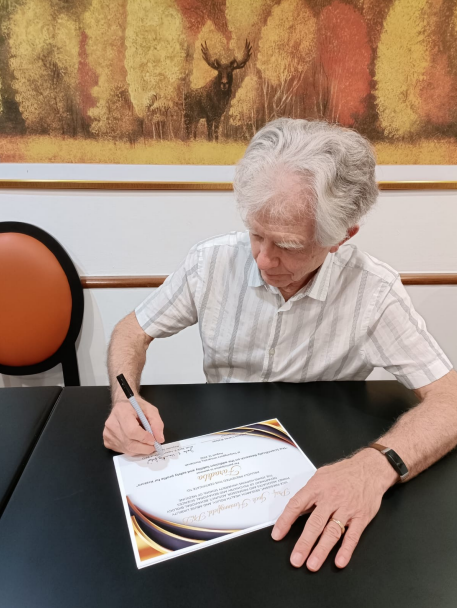A 1987 global deal to protect the ozone layer is delaying the first ice-free Arctic summer by up to 15 years, new research shows. The paper, published in the journal Proceedings of the National Academy of Sciences, is entitled “The Montreal Protocol is delaying the occurrence of the first ice-free Arctic summer.”
The Montreal Protocol—the first treaty to be ratified by every United Nations country—regulates nearly 100 man-made chemicals called ozone-depleting substances (ODSs).
While the main aim was to preserve the ozone layer, ODSs are also potent greenhouse gases, so the deal has slowed global warming.
The new study shows the effects of this include delaying the first ice-free Arctic summer (currently projected to happen the middle of this century) by up to 15 years, depending on future emissions.
The researchers—from UC Santa Cruz, Columbia University and the University of Exeter—estimate that each 1,000 metric tons of ODS emissions prevented saves about seven square kilometers of Arctic sea ice.
“While ODSs aren’t as abundant as other greenhouse gases such as carbon dioxide, they can have a real impact on global warming,” said Dr. Mark England, Royal Commission for the Exhibition of 1851 senior research fellow at the University of Exeter.
“ODSs have particularly powerful effects in the Arctic, and they played a major role in driving Arctic climate change in the second half of the 20th century. While stopping these effects was not the primary goal of the Montreal Protocol, it has been a fantastic by-product.”
Dr. England said opponents of the protocol predicted a range of negative consequences, most of which did not happen, and instead there are numerous documented instances of unintended climate benefits.
Professor Lorenzo Polvani, from Columbia University, said, “The first ice-free Arctic summer—meaning the Arctic Ocean practically free of sea ice—will be a major milestone in the process of climate change.
“Our findings clearly demonstrate that the Montreal Protocol has been a very powerful climate protection treaty, and has done much more than healing the ozone hole over the South Pole. Its effects are being felt all over the world, especially in the Arctic.”
ODS decline
The study, which used new climate model simulations, shows that protection of the ozone layer itself played no part in slowing the loss of Arctic sea ice—all the benefits relate to the role of ODSs as greenhouse gases.
ODSs (which include chlorofluorocarbons, also called CFCs) are compounds developed in the last century for industrial use as refrigerants and propellants.
The Montreal Protocol, which has now been signed by all 198 members of United Nations, regulated these compounds to preserve the ozone layer, which protects humans and the environment from harmful levels of ultraviolet radiation.
This effort has succeeded, with atmospheric concentrations of ODSs declining since the mid-1990s and signs that the ozone layer has started to heal.
However, research has suggested a slight rise in ODS concentrations from 2010–20, so Dr. England said vigilance is still required.
More information: England, Mark R. et al, The Montreal Protocol is delaying the occurrence of the first ice-free Arctic summer, Proceedings of the National Academy of Sciences (2023). DOI: 10.1073/pnas.2211432120
Journal information: Proceedings of the National Academy of Sciences


